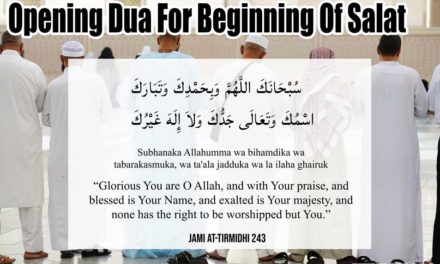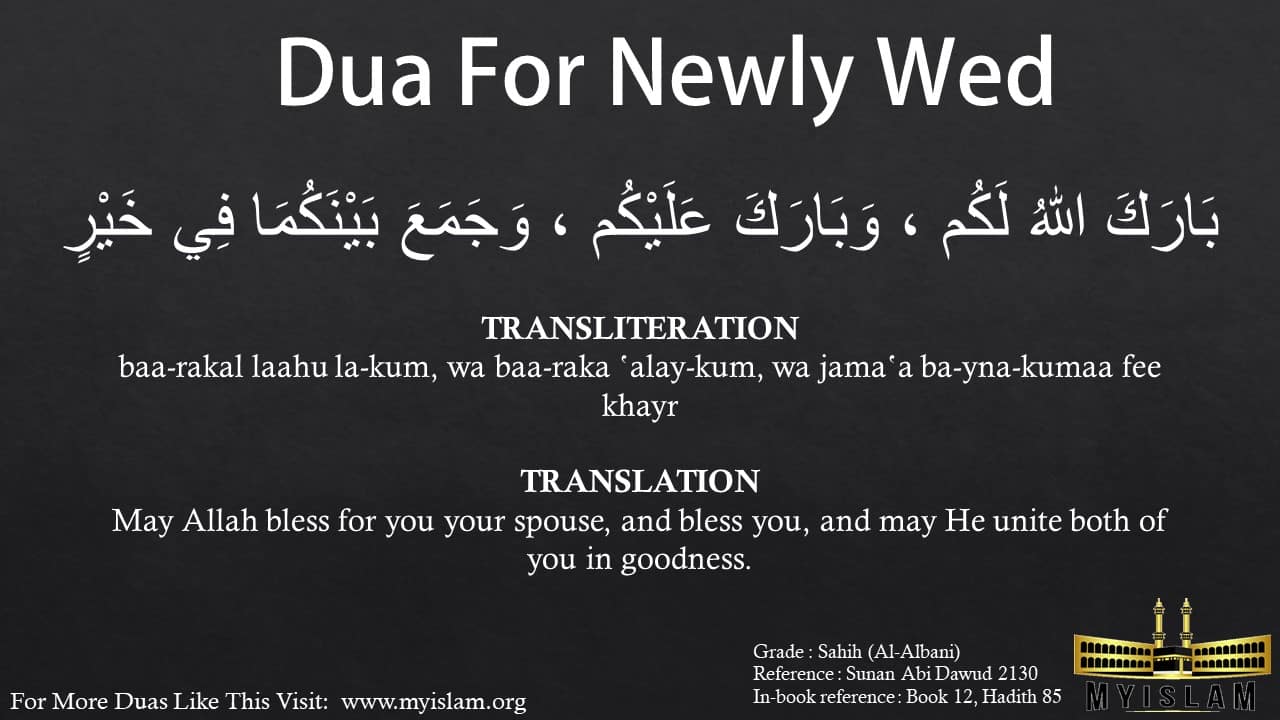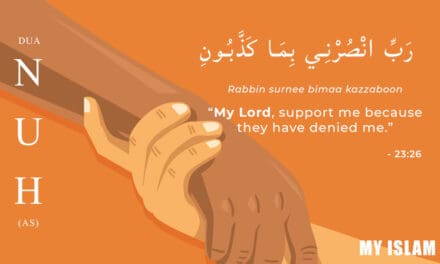Transcription of the video is provided below (Topic on powerful dhikr Subhanallah, Alhamdulillah, Allahu-Akbar. But mainly importance of Subhanallah Wa Bihamdihi Subhanallahil Azeem).
The difficulty with us today is we sit in front of the television. We sit our phones.
We sit and chat with people when we are saying absolutely nothing beneficial.
And we have wasted so many moments that were valuable that could have been used more constructively.
Imagine had those moments been the last moments of your life what would have come of those moments.
We would have regretted to say, “ya allah, you took me away. Moments before you took me away, I was sitting on the net wasting my time” or “I was sitting in front of the tele or with a group of friends just having a chat and wasting times.”
Imagine those are your last moments, we would rather use them to say a few words of praise of Allah (swt) and that reminds me brother and sisters. Many of us mashallah we are muslimeen we read our salat we try our best to obey Allah’s instruction.
But we lack in that sometimes we are sitting without saying anything, yet we could’ve declared the praise of Allah in some way. Subhanallah. Alhamdullilah. Allahu akbar.
Think of it. Use those moments to say whilst you are driving, whilst you are walking, whilst you are talking.
Utter the praise of Allah it could be your last few words, declare anything. Ash-hadu alla ilaha illallah, wa ash-hadu anna Muhammadar-Rasulullah.
There is a narration where the prophet (saws) says, there are two words that are so light on the tongue but so heavy on scale of good deeds. And so loved by the most merciful. They are are subhanallahi wa bihamdihi subhan allahil azeem.
Imagine the hadith says so light on the tongue why don’t we use our tongue to say these words. I guarantee you I am guilty of it as well.
Sometimes days pass or at least a day has past and those particular words we have not yet uttered them with proper concentration. subhanallahi wa bihamdihi subhan allahil azeem.
The narration they are so heavy on the scale of goods deed. Who wouldn’t want to do good deeds?
May Allah (swt) bless us. Today if we had to place a monetary value on salatul fajr and dhuhr and asr.
If we had to place a monetary figure on the position of sujud here a lot of people would rush to the masjid, to say we are collecting 500 riyal today and here is the money.
The first four here in the front will collect a thousand… perhaps. And the others will collect 200 and so on, people will fight for the first.
Believe me the reality is there is something much more valuable than wealth that awaits us at every moment if we only seize the opportunity. If you utter the words subhanallahi wa bihamdihi subhan allahil azeem.
The rewards of it is far greater than anything material you can have.
And yet it is so simple to utter. And over and above that we find ourselves guilt of not uttering these words.
So, we should seize the opportunity of time by being responsible
think about this particular free time you have it may not be there.
If your tongue in not occupied in anything occupy it in the praise of Allah.
It doesn’t cost you anything. No one is going to charge of your muscle of your tongue moving.
Nobody will charge you for the movement of your mouth not at all.
Rather we will be paid to say that in terms of rewards. Allahu akbar.
Subhan Allah Wa Bihamdihi Meaning
In Arabic this is written:سُبْحَانَ اللّهِ وَ بِحَمْدِهِ
Transliteration: Subhan Allah Wa Bihamdihi English Meaning: Glory be to Allah and Praise Him
Subhanllahi Wa Bihamdihi Pronunciation:
Subhanallah, this one word encompasses the Tawheed (basic principles of faith in oneness of Allah). This phrase you glorify and exalt Him to be above any fault, any partners, or any shortcomings.
Sometimes you will also hear the following:
سُبْحَانَ اللَّهِ وَبِحَمْدِهِ، سُبْحَانَ اللَّهِ العَظِيم
Transliteration: Subhanallahi Wa Bihamdihi Subhanallahil Azeem Translation: Glory be to Allah and all praise is due to him, glory be to Allah the great
Fun Fact
Al-Azeem is one of Allah’s 99 names. The meaning is “The Magnificent One”. Al-Azeem is described as The Supreme Glory and The Greatest. His reality is too great to be fully understood under the capacity of the human mind. He is infinitely greater than his creation.
Azeem is mention in the Quran (4:24): “To Him belongs whatever is in the heavens and whatever is in the earth, and He is the Most High, the Most Great.”
Virtues and Benefits Subhanallahi Wa Bihamdihi Hadith
Here we are the benefits mentioned according to the hadith. The summary of these hadiths are as follows, (1) Reciting 100 times a day will erase all sins, no matter how large. (2) Not only do you erase your sins but you gain rewards for remembering Allah. (3) The gain of rewards is equivalent to a man reciting prayers from dawn to noon (that is if you recite these words, subhanallahi wa bihamdihi adada khalqihi, wa rida nafsihi, wa zinatah `arshihi, wa midada kalimatihi) Forgiveness of Sins By Reciting 100 Times A DayNarrated Abu Huraira: Allah’s Messenger (ﷺ) said, “Whoever says, ‘Subhan Allah wa bihamdihi,’ one hundred times a day, will be forgiven all his sins even if they were as much as the foam of the sea. 1
Great Rewards in Remembering Allah
Abu Hurairah (May Allah be pleased with him) reported: The Messenger of Allah (ﷺ) said, “There are two statements that are light for the tongue to remember, heavy in the Scales and are dear to the Merciful: ‘Subhan-Allahi wa bihamdihi, Subhan-Allahil-Azim [Glory be to Allah and His is the praise, (and) Allah, the Greatest is free from imperfection]’.” 2
Four Words Carrying A Full Day’s RewardsJuwairiyah bint Al-Harith (May Allah be pleased with her), the Mother of the Believers, reported: The Prophet (ﷺ) came out from my apartment in the morning as I was busy in performing the dawn prayer. He came back in the forenoon and found me sitting there. The Prophet (ﷺ) said, “Are you still in the same position as I left you.” I replied in the affirmative. Thereupon the Prophet said, “I recited four words three times after I had left you. If these are to be weighed against all you have recited since morning, these will be heavier. These are: Subhan-Allahi wa bihamdihi, `adada khalqihi, wa rida nafsihi, wa zinatah `arshihi, wa midada kalimatihi [Allah is free from imperfection and I begin with His praise, as many times as the number of His creatures, in accordance with His Good Pleasure, equal to the weight of His Throne and equal to the ink that may be used in recording the words (for His Praise)].”. 3
References:- Sahih al-Bukhari 6405 In-book reference : Book 80, Hadith 100 USC-MSA web (English) reference : Vol. 8, Book 75, Hadith 414 (deprecated numbering scheme)
- Ryad Us Saliheen Arabic/English book reference : Book 16, Hadith 1408 [Al-Bukhari and Muslim]
- Riyad us saliheen Arabic/English book reference : Book 16, Hadith 1433





permission to copy سُبْحَانَ اللّهِ وَ بِحَمْدِهِ ·…TQ